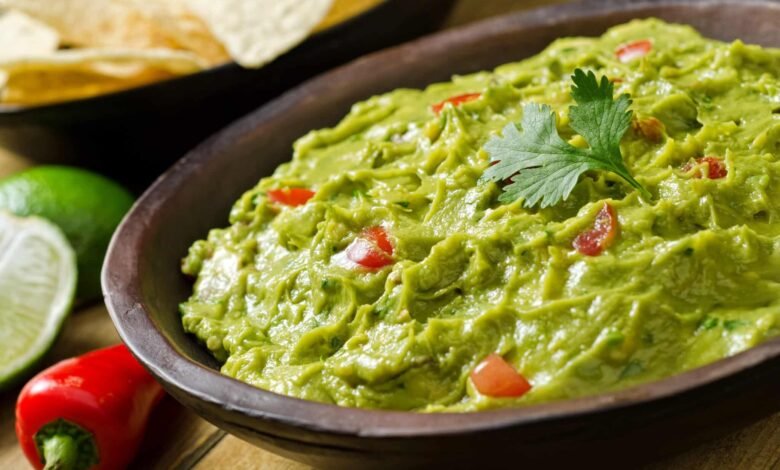Can You Get Food Poisoning From Guacamole

Guacamole, a popular and flavorful dip, can indeed pose a risk of food poisoning if not handled with care. Factors such as improper preparation, cross-contamination, and the quality of avocados significantly influence the likelihood of bacterial contamination. Understanding these risks is essential for both consumers and food service professionals. As we explore the common causes of contamination and best practices for safe preparation and storage, it becomes clear that vigilance is key in preventing potential health issues. What specific steps can one take to ensure that guacamole remains a safe and enjoyable addition to meals?
Understanding Food Poisoning Risks
In the realm of food safety, understanding the risks associated with foodborne illnesses is crucial, particularly when it comes to popular dishes like guacamole.
Ensuring avocado safety begins with careful ingredient sourcing, as the freshness and quality of avocados directly impact the likelihood of contamination.
Consumers must remain vigilant about where they procure ingredients, as improper handling can elevate food poisoning risks significantly.
See also: Can Sperm Clog Shower Drain
Common Causes of Contamination
Contamination of guacamole can stem from various sources, each posing a distinct risk to consumer health.
Improper avocado handling is a primary concern, as bacteria can transfer from the skin to the flesh during preparation.
Additionally, cross contamination from utensils and surfaces that have contacted raw foods can further introduce pathogens, making it essential to maintain strict hygiene practices in the kitchen.
Safe Preparation and Storage Tips
Ensuring safe preparation and storage of guacamole is vital to minimize the risk of foodborne illness.
Begin with careful ingredient selection, opting for fresh avocados and clean, safe produce.
Maintain proper serving temperatures, keeping guacamole refrigerated below 40°F until serving.
After serving, consume within two hours or store leftovers promptly to prevent bacterial growth, ensuring a safe and enjoyable experience.
Recognizing Symptoms and Treatment
Symptoms of food poisoning from guacamole frequently manifest within hours of consumption, presenting a range of gastrointestinal distress that may include nausea, vomiting, diarrhea, and abdominal cramps.
Effective symptom management is crucial; individuals should prioritize hydration importance to combat fluid loss.
In severe cases, medical attention may be necessary, especially if symptoms persist or worsen, indicating potential complications from the ingested toxins.
Conclusion
In conclusion, the potential for food poisoning from guacamole serves as a cautionary tale, akin to navigating a minefield where one misstep can lead to significant consequences. Understanding the risks associated with improper handling and contamination is essential for ensuring safety. By adhering to safe preparation and storage practices, individuals can mitigate these risks and enjoy guacamole without fear of adverse health effects. Vigilance in hygiene and temperature control is paramount in preserving the integrity of this popular dish.







